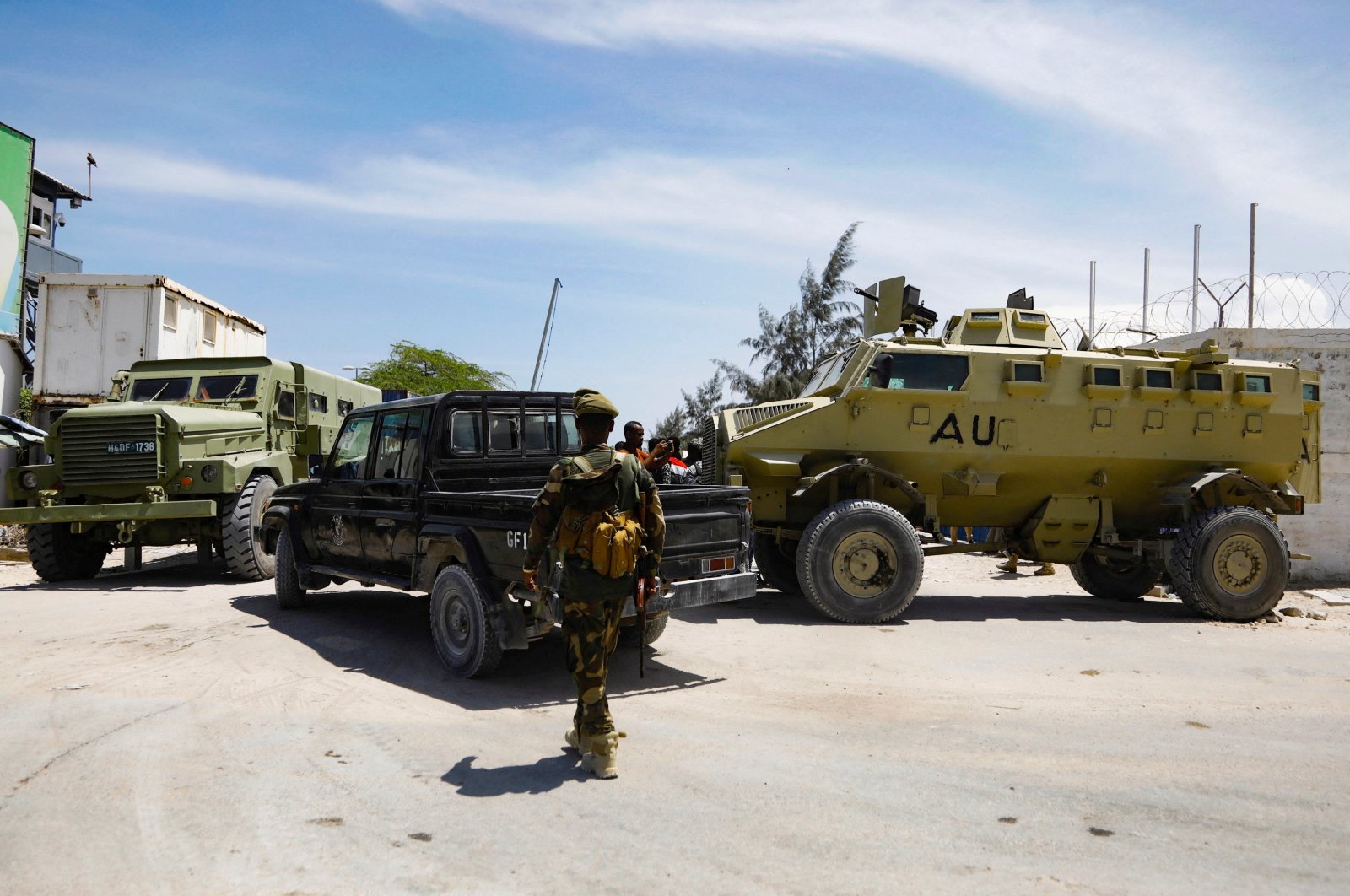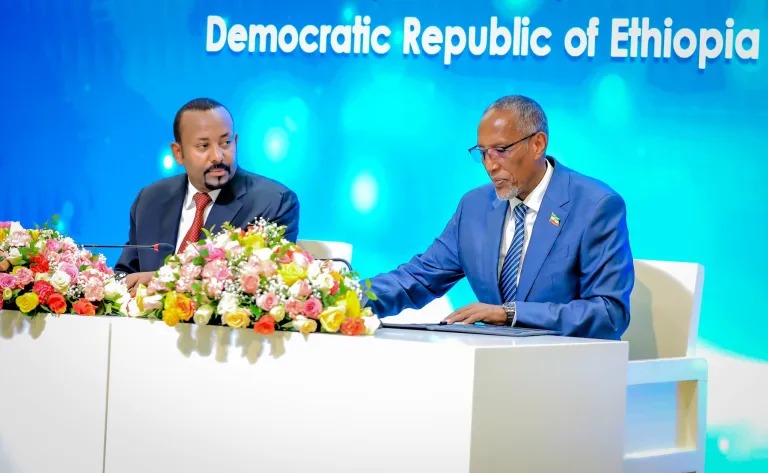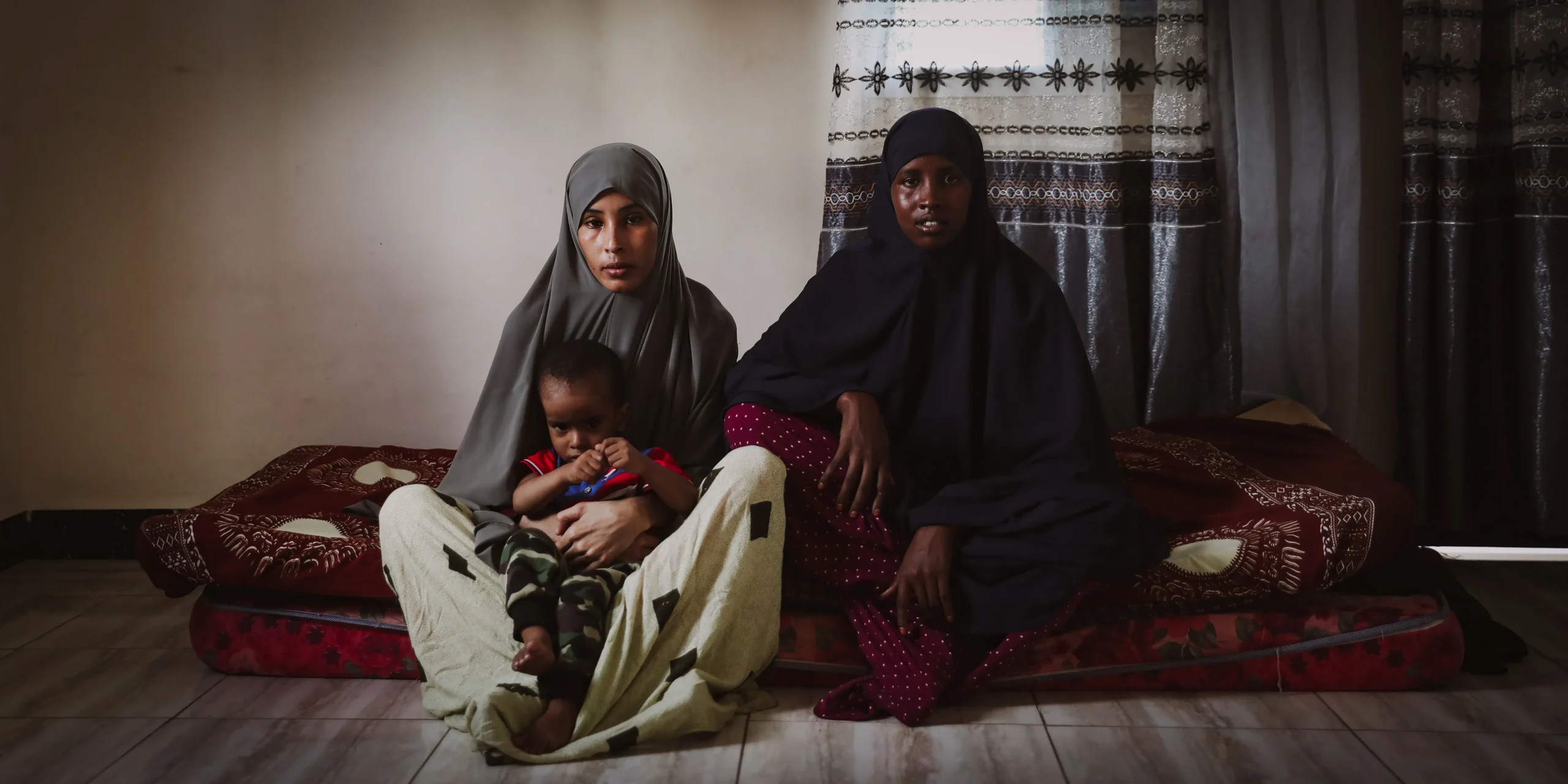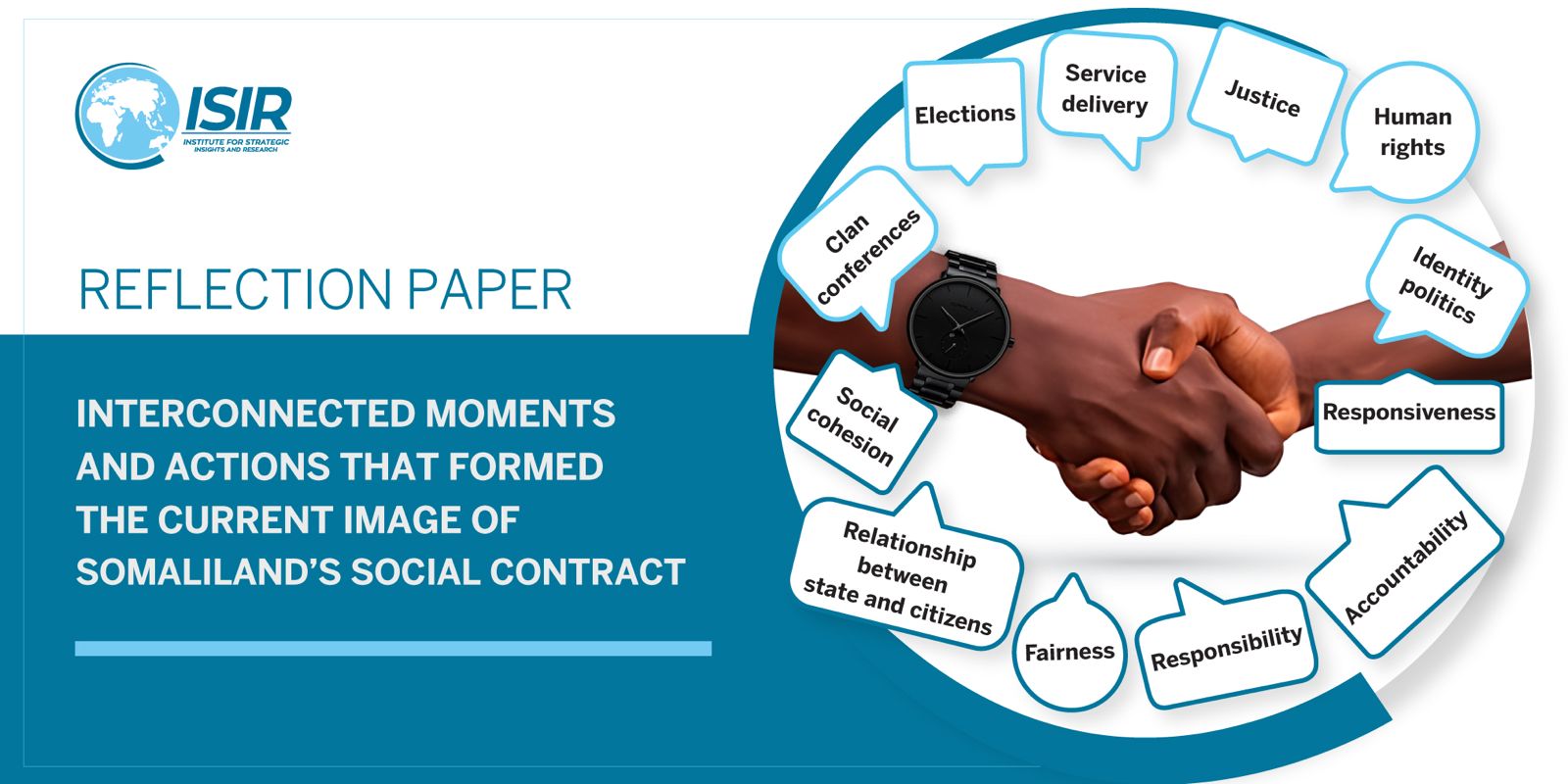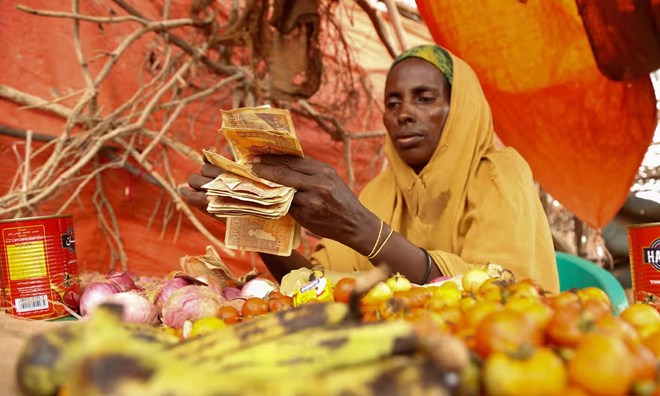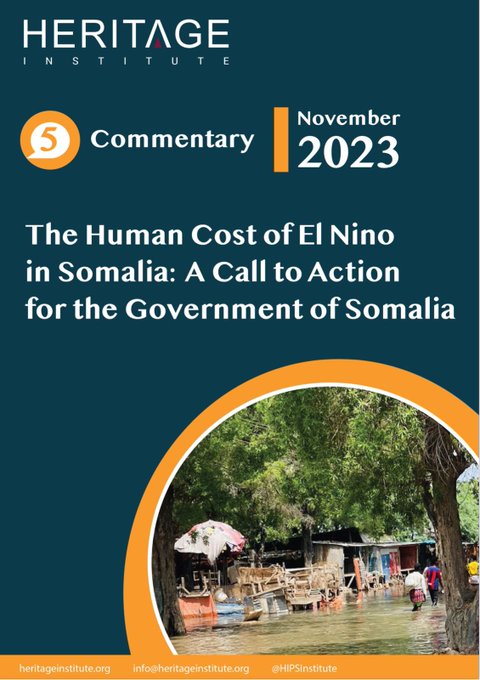Mogadishu (SD) – At least 20 journalists were detained in Somalia, for doing their job, in the first half of this year, according to Reporters Without Borders.
World Press Freedom Index ranks Somalia as one of the world’s worst places to work as a journalist.
The report released by Reporters Without Borders urges the Somali federal government to come up with an action plan to address violence against the press.
Read the full report below:
Reporters Without Borders (RF) calls on the Somali federal authorities to quickly declare a moratorium on arrests of journalists, which have surged in recent weeks. The steps taken to combat impunity for violence against journalists need to be accompanied by strong measures to reduce the number of arrests, RSF said.
With 20 arrests of journalists since the start of the year, including five in June alone, Somalia arrests more reporters than almost any other country in sub-Saharan Africa. Only the Democratic Republic of Congo has conducted more arrests of journalists in the past six months.
The latest victim is Jabir Said Duale, a journalist also known as “Bulshawi,” who works for privately-owned Horyaal24 TV in northwestern Somalia’s self-proclaimed independent republic of Somaliland. He was released on 28 June under a pardon issued by Somaliland’s president after being held for seven days in the city of Erigavo. He was arrested twice, on 16 and 22 June, for filming an allegedly illegal protest in Erigavo about the failure to include civil society representatives in the historic peace talks that the presidents of Somalia and Somaliland have just held in an attempt to solve problems resulting from Somaliland’s decision to break away in 1991.
Among the other Somali journalists arrested or summoned by the police in June was Bishar Ibrahin Adan, a local radio journalist who was arrested on 10 June in Burdhubo, a town in southern Somalia’s Gedo region, and was released without charge three days later. Abdishakur Mohamed Hassan, a reporter for privately-owned SAAB TV, was briefly detained on 12 June for covering a demonstration in Beledweyne, the capital of the central province of Hiraan. Somali Broadcasting Corporation’s Khadar Mohamed Tarabi and Universal TV’s Khadar Farah Rigah were arrested for covering a demonstration on 16 June in Las Anod, in Somaliland, and were held for 24 hours on the provincial governor’s orders.
“Whether judicial detention, police arrests or just summonses for questioning, the level of abuses against Somali journalists continues to be very high,” said Arnaud Froger, the head of RSF’s Africa desk. “Only strong, ambitious measures will succeed in ending these practices, which amount to systematic intimidation. We reiterate our appeal to Somalia’s federal authorities and Somaliland’s local authorities to decree a moratorium on arrests of journalists pending a reform of media legislation that abolishes imprisonment for media offences.”
During a meeting in Paris in November 2019 with Somali Prime Minister Hassan Ali Khayre, RSF urged the rapid adoption of a national mechanism to protect and secure journalists. Somalia continues to be Africa’s deadliest country for journalists, with more than 50 killed in the past ten years. But efforts have nonetheless been made to combat impunity in recent years. A police officer who shot a journalist dead at a checkpoint was convicted in absentia and given a prison sentence. Two soldiers were discharged from the army for mistreating reporters. And, in response to a request from the National Union of Somali Journalists (NUSOJ), a court has just ordered the attorney-general’s office to investigate the more than 50 murders of journalist that remain unpunished.
Somalia is ranked 163rd out of 180 countries and territories in RSF’s 2020 World Press Freedom Index.
Categories: Latest News








